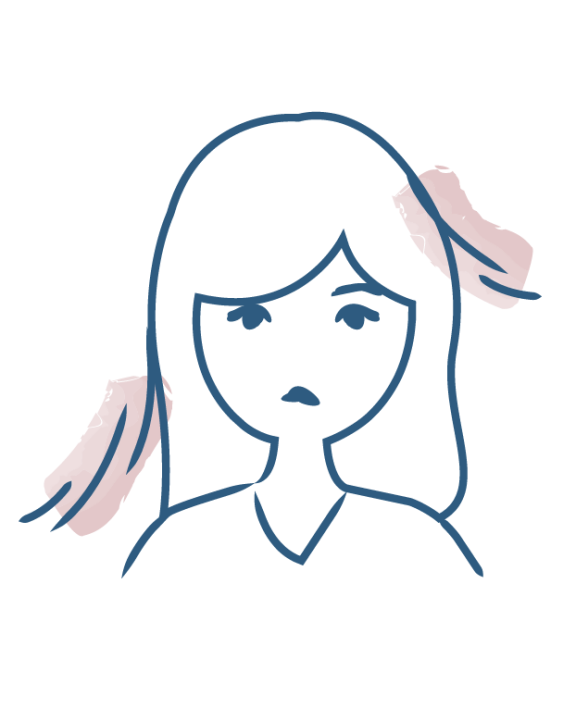-
Your concerns
Our articles to help you gain a better understanding
-
Our solutions
-
Ducray Dermatological laboratories
Our articles to help you gain a better understanding

It is not uncommon to experience hair loss with the arrival of autumn and spring. In this case, we talk about seasonal hair loss. Where does it come from and how should you react? Let's take a look.

Summary
The natural life cycle of hair includes three well-defined phases (anagen, catagen and telogen) during which the hair grows, regresses and falls out. Thus, it is perfectly normal to lose between 50 and 100 hairs per day without even noticing it. However, when autumn arrives, some people experience more significant hair loss. What causes seasonal hair loss? The obvious lack of light in autumn affects hormones and vitamin D production in the body. These changes have a direct impact on hair growth and cause hair loss. This reactionary hair loss is scientifically called "acute telogen effluvium". It is the most common form of diffuse hair loss, especially in women. Seasonal hair loss in autumn can also be promoted by the stress and accumulated fatigue that usually occurs at this time. Fatigue-related hair loss is another cause of reactional hair loss.
Seasonal hair loss lasts no longer than 6 months. It is a completely reversible type of reactional hair loss. The first signs of regrowth are observed within 3 to 6 months and it may take 12 to 18 months for the hair to return to its original state in some people.
Seasonal hair loss can affect anyone, even if you've never been affected before. There are some simple everyday things you can do to help stop it.
Loss of hair density

Reactional loss of hair volume
Are you experiencing loss of hair density?

Reactional loss of hair volume
Are you losing your hair?

Reactional loss of hair volume
Like many young mothers, you are experiencing some discomfort following your pregnancy?

Chronic loss of hair density
Are you losing your hair?

Chronic loss of hair density
Are you losing your hair?
NEWSLETTER
Dermatological expertise
To better understand your skin and hair, discover our exclusive content and innovative care products designed to improve your quality of life..